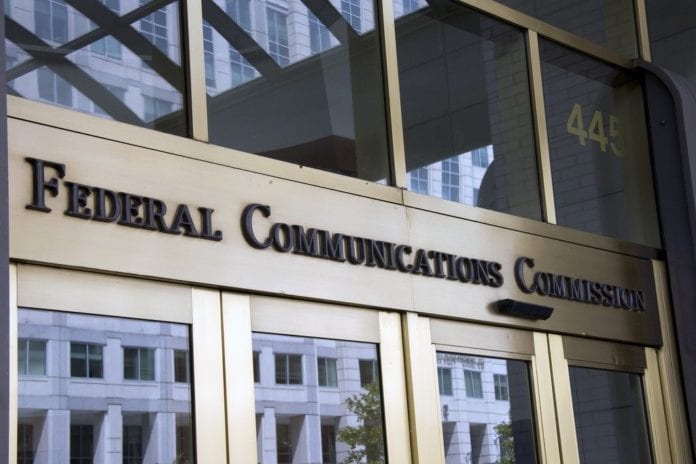Some small cell deployments no longer subject to federal review
The U.S. Federal Communications Commission (FCC) voted along party lines 3-2 yesterday to make it easier for operators to deploy small cell infrastructure in an effort to hasten network densification in support of 5G commercialization. At a high-level, the rule change removes federal oversight of small cells outlined in the National Historic Preservation Act (NHPA) and National Environmental Policy Act (NEPA) and removes the need to conduct an environmental assessment for small cells in floodplains “as long as certain conditions are met.” State and local regulations are still applicable.
Meredith Atwell Baker, president and CEO of industry association CTIA, said the move “will help America win the global 5G race by significantly reducing the number of months to deploy 5G networks and decreasing the cost to build out new small cells by almost a third. The reforms will make a big difference in how quickly these more powerful networks can be installed for consumers and communities across the nation.”
In a report titled Impact of Federal Regulatory Reviews on Small Cell Deployment released March 12 by Accenture, the market research firm found 29% of deployment costs “are related to NHPA/NEPA regulations when review are required,” costing the industry a collective $36 million in 2017. Projected out from 2018 to 2016, Accenture calculates “wireless carriers will incur $2.43 billion in NHPA/NEPA costs.” By removing those barriers, Accenture found operators could save $1.56 billion “if the proportion of small cells requiring review under NHPA/NEPA could be reduced by two-thirds.”
Republican FCC Chairman Ajit Pai called the move a “giant leap forward” and said, “We clarify today that small cells are inherently different from large towers. So they shouldn’t face identical regulatory review. By cutting unnecessary red tape, we’ll make it substantially easier for carriers to build next-generation wireless networks throughout the United States. That means faster and more reliable wireless services for American consumers and businesses. That means more wireless innovation, such as novel applications based on the internet of things. And ultimately, that means American leadership in 5G.”
Dissenting Commissioner Mignon Clyburn framed the vote as supporting the telecom industry at the expense of local communities and tribal lands. “Best course would’ve been to delay today’s vote. They refused, so I must, of course, dissent.”


